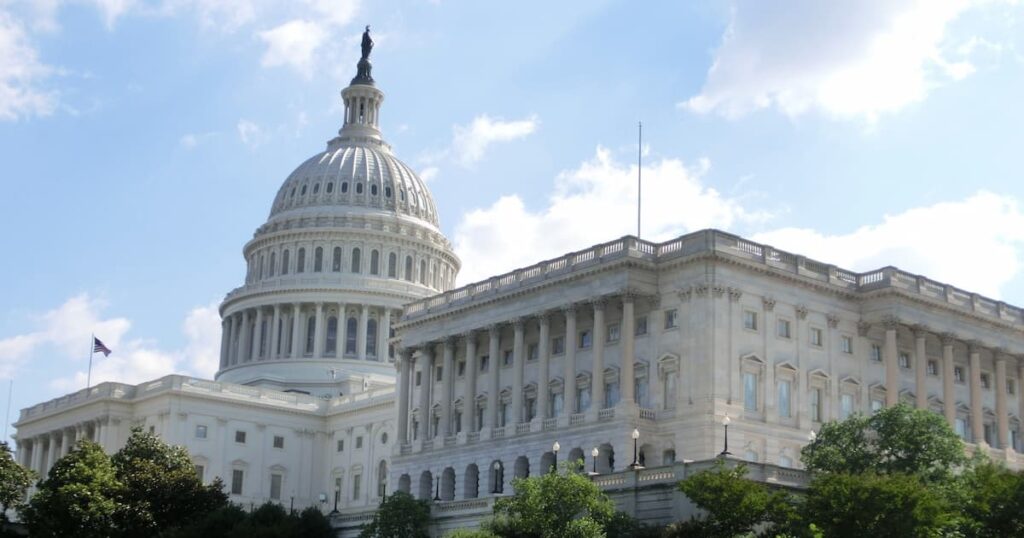Democracy is the political system in which some of the people who will occupy positions of authority (usually two of the three powers, the executive and the legislative) are chosen subject to the will of the majority of the adults they will represent.

However, the spirit of democracy goes beyond the mere majority decision and then waiting for a new opportunity to renew the positions: it is expected that people who live in a democracy will commit and participate in different decision-making bodies, perhaps with less impact than the elections but not for that unimportant.
One of the edges of democracy is that it seems that the people, by voting, elect their representatives. However, this does not mean they cede all decision-making power to them. Rather, they can continue to participate in different aspects of daily life.
It seems logical, then, to think that the Public ambit offers a large number of instances in which democracy can manifest itself beyond the choice of the political authorities themselves. It is common for people to have some instances of representation beyond those offered by the entire society, such as unions, student centers, or spaces for neighborhood or neighborhood participation.
In these places, of course, people’s individual concerns gain strength and may have an impact on public order that would not have occurred individually since most of those represented by the two elective powers lack fluid communication with their representatives.
Representative bodies of this type are more than necessary for an effective democratic society, and it is correct to disseminate the possibility that most individuals have to access any of them.
The shared interests that arise between the different members do not prevent them from being democratically elected representatives. These representatives will be in charge of representing their constituents in meetings with general political authorities.
However, it is also correct to think of democracy in the more private sphere of human relationships. This way of thinking about democracy is much more debatable since the relationships established in the private order do not have the equality that those of the public order have, the criticism of the permanent democratic order being valid.
No one would think as correct that, for example, a father and a son have the same decision when choosing the place to go on vacation, or much worse, a doctor and a patient start a discussion about the treatment to choose. However, there are instances in which democratic health is manifested even within the private sphere.
Examples of democracy in everyday life
According to the two cases seen, the following list will include examples of occasions in which democracy is made explicit in everyday life.
- Prior to the enactment of a Law, Congress offers a space in which people can suggest modifications.
- A company modified its organizational scheme, and fluid communication channels have been opened between employees and bosses.
- The human resources space of a company allows employees to be issued freely to their bosses without fear of retaliation for it.
- The father brings two movies home, and the family members will select one to watch tonight.
- Giving an objective diagnosis, instead of choosing the path to follow at will, the doctor explains to the patient the situation in which he is, and between the two, they can agree on the treatment when there are multiple options.
- The administration of the building is terrible, and the consortium called a meeting to change the company in charge.
- The student center arranged a meeting with the principal to file a complaint about the state of the restrooms at the school.
- After the dance, the assistants will choose the queen who will receive a decoration.
- A neighborhood meeting will be in charge of deciding on which of two corners a traffic light will be placed.
- The call by the government to joint meetings, in which workers and employers discuss working conditions.
